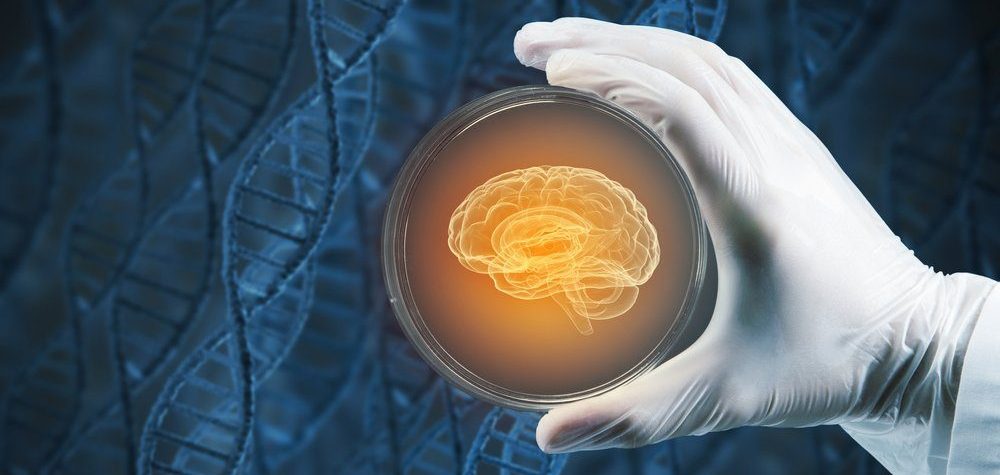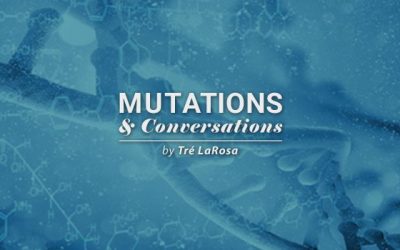IMAC Holdings has completed dosing the first group of participants in a Phase 1 clinical trial evaluating its investigational umbilical cord-derived mesenchymal stem cells (MSCs) as a potential treatment for bradykinesia, a common motor symptom of Parkinson’s disease.
The group consists of five patients who received a low dose of the stem cell treatment by Feb. 26, IMAC Holdings, the therapy’s developer, announced in a press release. Researchers will wait 30 days to demonstrate the treatment’s safety before dosing the second patient group with a medium dose.
The trial is being conducted at three of IMAC’s clinical centers: Chesterfield, Missouri; Paducah, Kentucky; and Brentwood, Tennessee. More information is available here.
Bradykinesia — slowness or difficulty in movement — is one of the early signs of Parkinson’s disease. Although the mechanisms resulting in bradykinesia remain unclear, an inflammatory component seems to be involved.
Stem cells, due to their capacity to continuously divide and differentiate into various cell types, have gained interest as potential treatments in several areas, including as a regenerative medicine for neurological disorders such as Parkinson’s.
MSCs are stem cells found in multiple tissues, such as the umbilical cord, bone marrow, and fat. Because of its anti-inflammatory properties, MSCs may help to treat bradykinesia by modulating the immune system and easing inflammation.




